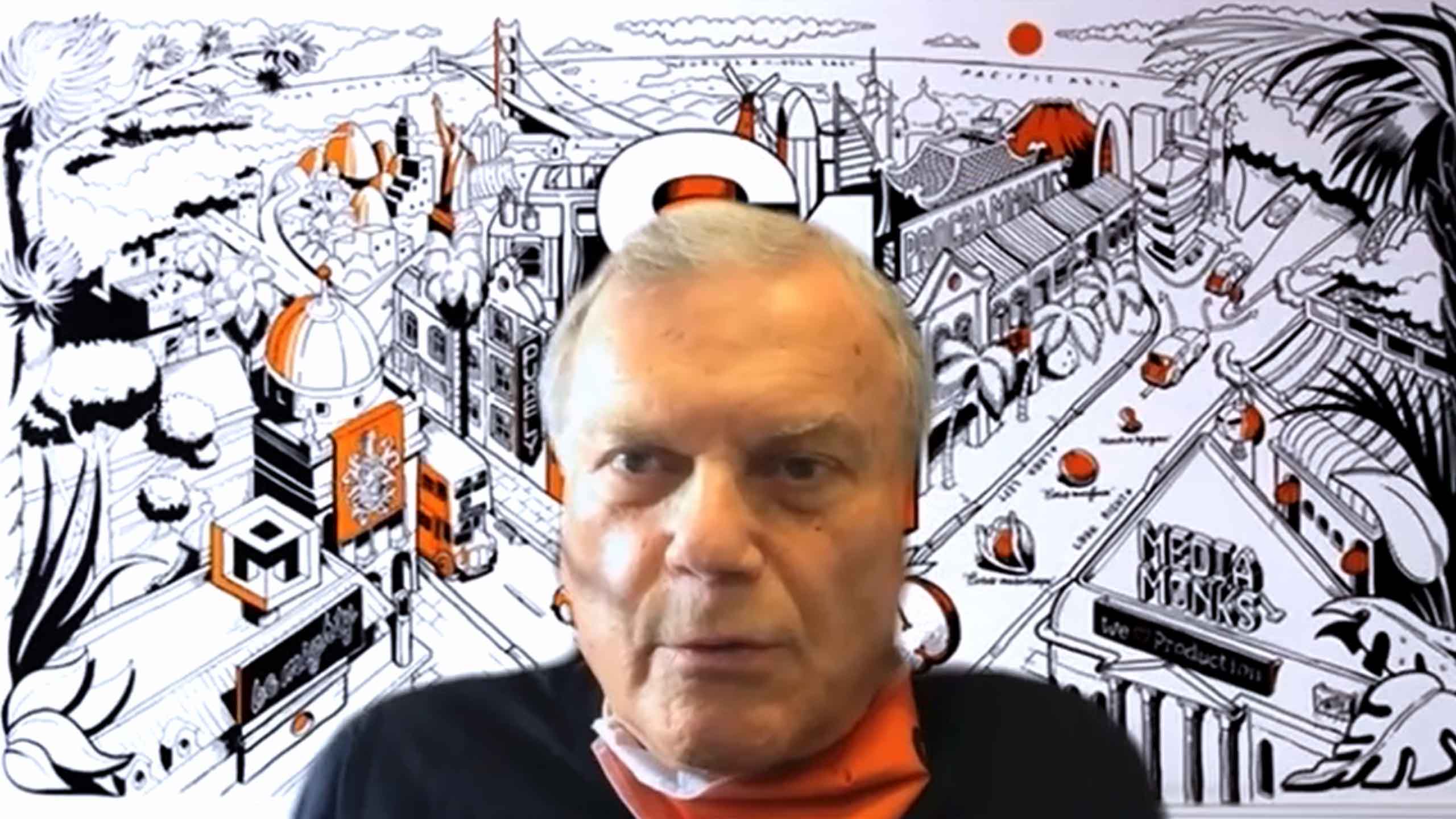
Organizing Operating Companies
Founder of WPP and Founder, Executive Chairman S4 Capital
inpractise.com/articles/organising-op-companies
Why is this interview interesting?
- How to organize individual operating companies within a holding company
Sir Martin Sorrell
Founder of WPP and Founder, Executive Chairman S4 Capital
Interview Transcript
How has your thinking about organizing operating company evolved over the years?
At S4, we are not a holding company. Ironically, we did a win a holding company award, just a few days ago. The organization who gave it to us asked me for a quote on it and I said, fortunately we are not a holding company, so we were mis-classified. The holding company is very vertical. In fact, people talk about simplification but all they are doing is entrenching the vertical. I was talking to somebody from the Dentsu Group, just recently. The Japanese talk about One Dentsu, but he said that what’s actually happening – and it’s the same thing as Maurice Lévy with One Publicis and it also applied with WPP – is that they talk about it, which is the right way to do it, because you do have to be one, but what happens is that you just entrench the verticals. All they’re doing is entrenching the verticals. I’m told that the woman that came from DBB, to run Dentsu International, Wendy Clark, instead of having One Dentsu, is now not making it into separate verticals, but reinforcing the verticals, rather like you see at Publicis and WPP and that goes against the idea.
They all talk about seamless and waffle on about how seamless they are. The reality is, Victor Knaap who, along with Wes ter Haar, runs our content practice, MediaMonks, goes around the world taking pictures of Publicis lobbies, where they say One Publicis or Power of One, or whatever it is, then they have 26 different agency names underneath it. It makes no sense whatsoever. Having said that, it is true that when you slam these things together, you lose value. That’s what’s happened. Again, you see it at Publicis; you see it at Dentsu. I think Maurice Lévy had the right strategy, but he insisted on sticking the Publicis name over Saatchi and the agencies being destroyed; the same for Burnett.
Why do you lose value?
There’s a subtle balancing act in the holding company model. There’s a subtle balancing act between trying to get everybody to work together and maintaining the strength of the brands. I think you get caught between the devil and the deep blue sea. The process is a long-term process but, unfortunately, the market which is focused on much shorter-term metrics, is looking for implementation at speed and I think that’s when you destroy value.
Our mission is to build the new age, new era advertising marketing services model and to disrupt the old and has four basic tenets or amendments. If we say that our constitution is as I have just described, the first amendment is purely digital, because that’s where the growth is; 20% growth next year, but digital will be 70% of media advertising spend by 2024. Secondly, this holy trinity of first-party data driving the creation of digital advertising content being distributed through digital media, in a continuous loop, rather like an election campaign, without an election date and 24/7; the 24/7 environment is ideally suited to that. Thirdly, faster, better, cheaper. Faster is about agility; better is understanding 20 or so companies; the hardware companies, the platforms and the software companies. Cheaper means efficiency. Finally, our fourth principle is a unitary model. One seamless operation and one P&L, which we’ve embarked on from the very beginning. This wasn’t something that was imposed, like it has been in the holding company models. The complications are just huge.
CEOs wax lyrical about how their businesses are seamless and how they operate one P&L. When you actually get down to an operating level, it’s complete BS. You have people running individual brands, for egotistical reasons. For good reasons, because they want to be successful and good people are egotistical and they like to get credit for what they are doing and what they do is very good. They’re not easy to manage; they are difficult to manage. You are doing that and creating these verticals and it makes it impossible to bring them together. When they are trying to win a piece of business and when they’ve won it or kept it, they tell the client how seamless and wonderful it’s going to be and it turns into a car crash.
Copyright Notice
This document may not be reproduced, distributed, or transmitted in any form or by any means including resale of any part, unauthorised distribution to a third party or other electronic methods, without the prior written permission of IP 1 Ltd.
IP 1 Ltd, trading as In Practise (herein referred to as "IP") is a company registered in England and Wales and is not a registered investment advisor or broker-dealer, and is not licensed nor qualified to provide investment advice.
In Practise reserves all copyright, intellectual and other property rights in the Content. The information published in this transcript (“Content”) is for information purposes only and should not be used as the sole basis for making any investment decision. Information provided by IP is to be used as an educational tool and nothing in this Content shall be construed as an offer, recommendation or solicitation regarding any financial product, service or management of investments or securities.
© 2026 IP 1 Ltd. All rights reserved.


